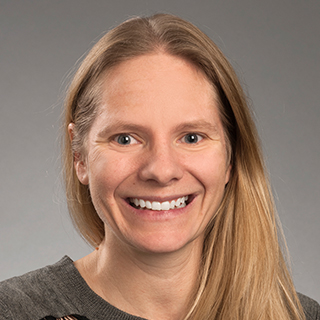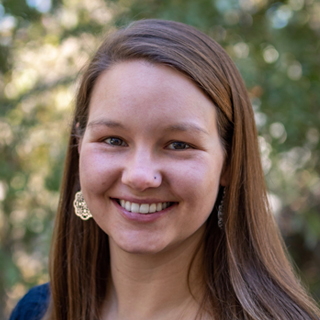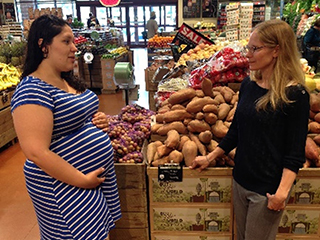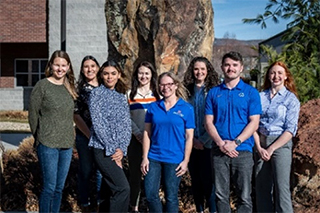

Growing up on a farm in rural Virginia, Cynthia Curl, Ph.D., was fascinated by the connection between food systems and their role in communities. That early interest led to her role as an associate professor of public and population health at Boise State University, where she studies the effects of agricultural practices on health.
“Being part of an agricultural community is something that gives people a sense of pride — it provides jobs and it's important in terms of feeding us all," Curl explained. "But there are also health risks involved. I am passionate about understanding the effects of working and living in agricultural communities and how food production systems affect human health.”
Today, as head of the Curl Agricultural Health Research Lab at Boise State, she is on a mission to protect agricultural communities from chemicals used in food production.
Growing Agricultural Health Research in Idaho
Although Idaho has a large agricultural community, it hasn't historically received the same amount of research funding as other agricultural states, like Washington, Oregon, and California, according to Curl.
"We didn't have a group already doing this work," she explained. "NIEHS support has played a big role in allowing me to create a new path and start building an agricultural health research hub in Idaho."
According to Curl, building the research hub hinged on finding the right team for the job. That’s where post-doctoral researcher Carly Hyland, Ph.D., came in.

Curl, right, talks with a community member in a local market.
(Photo courtesy of Cynthia Curl)
Hyland recently completed her doctorate in environmental health science and was a part of the NIEHS-funded Center for the Health Assessment of Mothers and Children of Salinas (CHAMACOS) research team, which examines the effects of pesticides and other environmental exposures on children’s health over time in the agricultural region of Salinas Valley, California.
“I came to Boise State because there's a need for this type of work in Idaho, but also because I wanted to work with Dr. Curl," said Hyland. "Her expertise in exposure assessment along with our common goal of translating research findings to protect communities made our partnership ideal."
Hyland is currently researching pesticide exposure and risk perceptions among male and female Hispanic farm workers.
“Most previous studies have looked almost exclusively at male farm workers because they are still the larger proportion of the workforce,” Hyland explained. “But women are making up an increasing proportion, so we are comparing pesticide exposure and also looking at factors that might uniquely affect their exposure, such as improperly fitting protective equipment, which is often made for men.”
Research Rooted in Community

The Curl Agricultural Health Research Lab. From left to right: Hyland, Alejandra Hernandez, Elysia Watkins, Annica Balentine, Curl, Meredith Spivak, Carson Schvaneveldt, Brie Ellison.
(Photo courtesy of Cynthia Curl)
Partnerships with Women, Infants, & Children (WIC) clinics, the Idaho State Department of Agriculture, the Idaho Organization of Resource Councils, nonprofit organizations, and advocacy groups were key starting points for recruitment and relationship-building.
“In applying to grants, we include community groups as funded partners,” Hyland explained. “This ensures our results are disseminated to agricultural communities by trusted entities.”
This connection also opens the door for Curl and Hyland to present their findings to local communities and provide concrete recommendations on how to reduce pesticide exposure.
“What I have heard from all our community partners is that they're incredibly grateful for this research because there's a huge need for it in Idaho,” Hyland explained. “They are engaged and excited about working with us hopefully for a long time to come.”
Cynthia Curl and Carly Hyland


